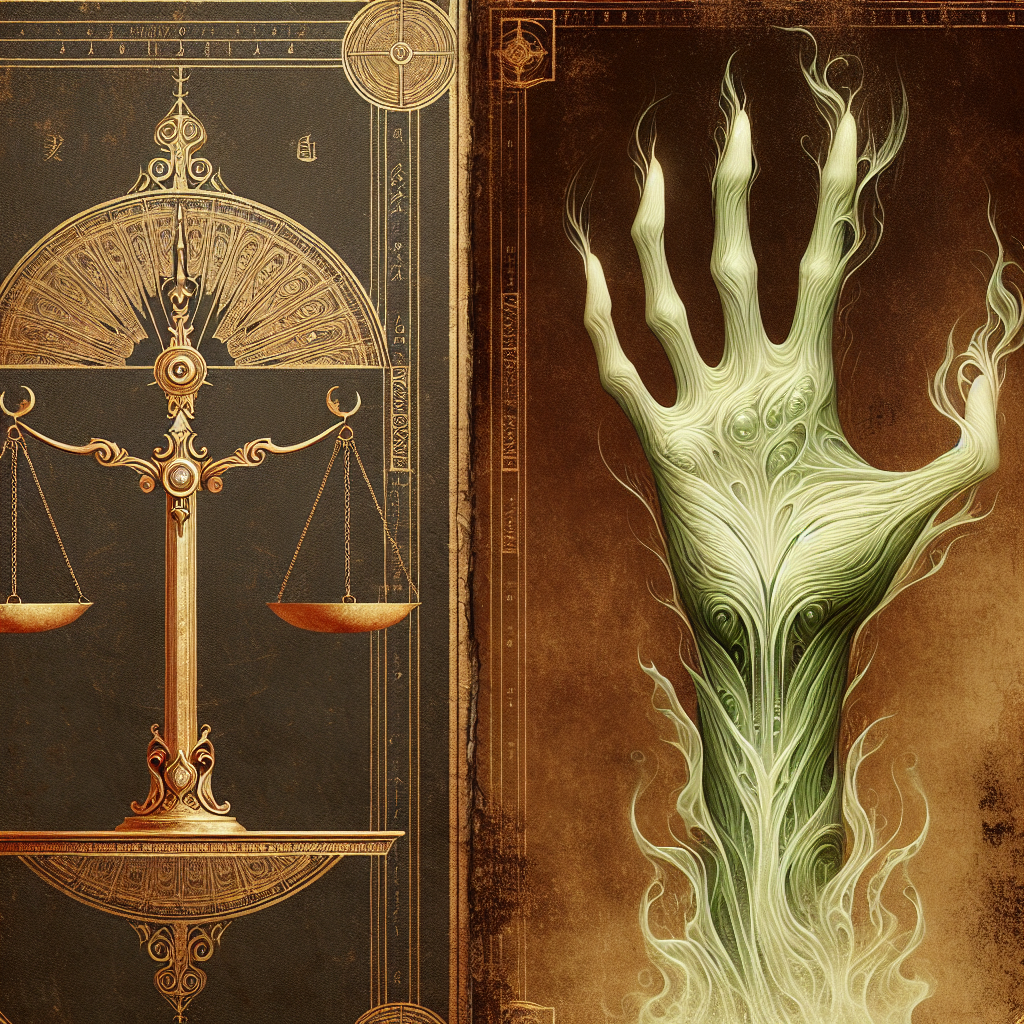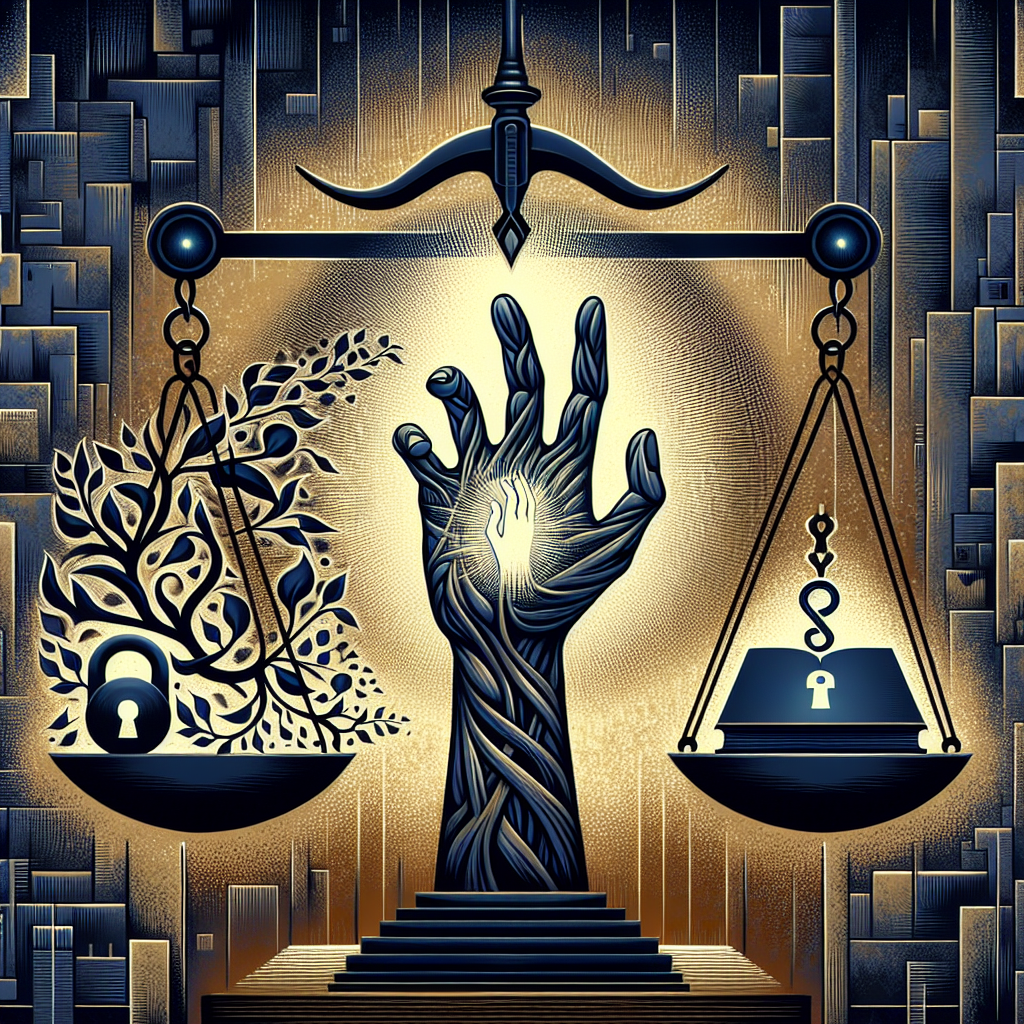The story of Super Bowl LIX isn’t the Kansas City Chiefs’ quest for a third straight title or even the Philadelphia Eagles’ great run to an NFC championship.
It’s the officials.
NFL fans are making it a priority during Chiefs games to take to social media to post their complaints, videos and memes about their perception that officials favor Kansas City. It has been brewing all season and boiled over in the playoffs.
Here are a look at the main Chiefs officiating controversies from the season:
Week 1: Isaiah Likely is out of bounds
This call wasn’t really controversial because nobody could honestly say they thought Likely wasn’t (barely) on the back line when he seemed to catch a touchdown on the final play of the season opener. But it was a sign of things to come, with the Chiefs winning every close game they played all season.
That play was legit, though there was controversy earlier in the game when officials seemingly let defensive coordinator Steve Spagnuolo call a timeout, which isn’t legal.
Week 2: 4th-down pass interference on Bengals
It was another close call, but this was more subjective. The Chiefs had fourth-and-16 trailing 25-23 late in the game, and on their last chance Patrick Mahomes threw deep. Bengals rookie safety Daijahn Anthony was called for pass interference. Kansas City kicked a field goal to win the game after that.
It did seem Anthony arrived early, but to many it was another controversial call that went the Chiefs’ way.
“I feel like he did a great job, honestly,” Bengals cornerback Cam Taylor-Britt said, via ESPN. “Maybe a little early if anything, but I feel like I would’ve did the same thing — went to go get the ball.”
Week 3: Missed pass interference on Kyle Pitts
The Chiefs got away with one late in a win at the Atlanta Falcons. Safety Bryan Cook clearly committed a pass inference penalty on Pitts in the end zone, and the officials missed it.
“That is a real-time call that officials have to make a judgment on,” referee Tra Blake told a pool reporter after the game. “From the angle that they had at the time, they did not feel that there was a foul committed.”
That happened on “Sunday Night Football,” so there were a lot of people watching that missed call.
Week 9: Missed false start on a Chiefs TD
Chiefs tackle Jawaan Taylor was the most penalized player in the NFL in 2023 and tied for second in 2024. Fans complain that he holds, false starts or lines up too far back and not on the line more often than not. Referees won’t call him for a foul every play, and people were watching when Taylor got away with what looked like a false start in overtime against the Tampa Bay Buccaneers. Instead of moving back 5 yards, Travis Kelce made it down to the 2-yard line. The Chiefs scored the game-winning touchdown on the next play.
ESPN called out the missed call on the Monday night broadcast, so plenty of people took notice.
Week 16: Phantom pass interference on the Texans
During a Saturday game on national TV, the Texans were driving when Tank Dell was called for an offensive pass interference penalty that was hard to find on replay. That set the Texans’ drive late in the first half back, and it would end with an interception.
That wasn’t a game-turning call, and it’s not uncommon to see bad pass interference calls like that multiple times on a Sunday. But with fans’ frustration mounting over the Chiefs’ winning streak, every missed call pointed out on a broadcast turned into a bigger deal than it was.
BONUS: 2 big playoff controversies
Let’s take a step back for a moment. Where did the complaints about officiating favoring the Chiefs start? Two calls — both of which seemed like legitimate calls even though they helped the Chiefs — pushed Kansas City along during its dynasty.
In one, Cincinnati Bengals defensive end Joseph Ossai pushed Mahomes as he stepped out of bounds in the final seconds of the 2022 season’s AFC championship game, which gave Kansas City 15 yards to set up a game-winning field goal. It was a big penalty but a call you see made all the time when a quarterback is out of bounds.
“I’ve got to know not to get close to that quarterback when he gets close to that sideline,” Ossai said after the game.
Mahomes been doing this for years. Where he runs the sideline and when you commit to pushing or tackling he steps out of bounds and flops.
It’s so subtle too like you can see him slow down and time Ossai pushing him and gets the call. Just finally got caught. https://t.co/bOqgT9xaG6 pic.twitter.com/PbishY5zP6
— Marcus Johnson (@TheMarcJohnNFL) January 19, 2025
Two weeks later, there was another flashpoint incident. You knew anger over the Chiefs continuing to beat everyone was boiling over when a penalty that the opposing player himself admitted was a penalty became a controversy.
Eagles cornerback James Bradberry grabbed Chiefs receiver JuJu Smith-Schuster on a third down inside of the two-minute warning of the Super Bowl two years ago. The penalty was huge, practically running out the rest of the clock before a game-winning field goal.
While everyone complained about the call, Bradberry himself admitted he held.
“It was a holding,” Bradyberry told reporters, per the Boston Globe’s Ben Volin. “I tugged on the jersey. … They called it. I was hoping they would let it ride.”
That’s probably when the Chiefs/officiating madness really started, when a player admitted to committing a penalty and all the Chiefs haters insisted he was wrong.
Divisional round: Bad roughing calls on Houston
Officials protect quarterbacks to keep them healthy. That’s the NFL’s mandate. Sometimes there are baffling calls after minimal contact with quarterbacks. That’s nothing new. But with everyone impatiently waiting for a reason to complain about the Chiefs and officials, two soft calls on the Texans in this year’s divisional round for barely hitting Mahomes triggered a reaction.
On the first, Will Anderson Jr. hit Mahomes up high, but the replay showed that there wasn’t much contact. It was still a 15-yard penalty.
Everyone was on edge by the time the Texans got another roughing call. Mahomes had a late slide, and replay showed that two Texans defenders actually made way more contact with each other than they did with Mahomes. There was still a penalty called.
Troy Aikman audibly groaned about the call on the broadcast, and the Texans didn’t hide their frustration over the calls after the game.
“We knew it was going to be us against the refs going into this game,” Anderson said, via Will Kunkel of the Houston Fox affiliate.
Anderson was fined $25,000 for that comment.
AFC championship
By the AFC championship game, Chiefs haters were waiting impatiently to complain the first time a call went Kansas City’s way. Then a couple of them did.
Xavier Worthy had a contested catch downfield, and there were two components that were in question: Did Worthy control the ball after wrestling it away, and did it hit the ground? Officials called it a catch and fans (predictably) lost their minds.
Even though this ball hit the ground and neither player had complete possession the refs rule that this was a catch by Xavier Worthy. pic.twitter.com/VuCbWzA6tH
— Rate the Refs (@Rate_the_Refs) January 27, 2025
Later there was a call that was very close, and if it went the Chiefs’ way it was going to set off a controversy that would last for a long time. Josh Allen had a quarterback sneak on fourth-and-inches that was stopped right away. Did Allen make it? Officials spotted it short. It’s rare to see the spot of a ball changed on a replay challenge and that one wasn’t either; the Chiefs took over on downs.
There will very likely be a 50/50 call that goes the Chiefs’ way during Super Bowl LIX. And when it happens, you’re going to hear all about it.
The Kansas City Chiefs have been at the center of several officiating controversies this season, with questionable calls and non-calls impacting their games. Let’s take a closer look at some of the key controversies surrounding the Chiefs this year:
1. Helmet-to-helmet hit on Patrick Mahomes: In a game against the Los Angeles Chargers, Chiefs quarterback Patrick Mahomes was hit in the head by Chargers defender Joey Bosa. Despite the hit appearing to be a clear helmet-to-helmet contact, no penalty was called on the play, leaving many fans and analysts questioning the consistency of officiating when it comes to protecting quarterbacks.
2. Pass interference non-call against the Raiders: In a crucial divisional matchup against the Las Vegas Raiders, a potential pass interference call against the Raiders’ defense was not called, despite clear contact between the defender and Chiefs receiver Tyreek Hill. The non-call ultimately impacted the outcome of the game, leading to frustration among Chiefs fans and players.
3. Holding calls on the offensive line: Throughout the season, the Chiefs’ offensive line has been called for numerous holding penalties, with some of these calls coming at crucial moments in games. The consistency of these calls has been a point of contention for Chiefs fans, as they believe that the officiating has been particularly harsh on their team in this regard.
Overall, the officiating controversies surrounding the Kansas City Chiefs this season have raised questions about the consistency and fairness of the calls made by NFL referees. As the Chiefs continue their quest for another Super Bowl title, fans will be keeping a close eye on how officiating impacts their team’s performance on the field.
Tags:
- Kansas City Chiefs officiating controversies
- NFL referees and the Kansas City Chiefs
- Key controversies surrounding the Chiefs officiating
- Kansas City Chiefs controversial calls
- NFL officiating challenges for the Chiefs
- Analyzing the officiating controversies of the Kansas City Chiefs
- Referees under fire: Kansas City Chiefs edition
- Chiefs officiating issues in the 2021 season
- Kansas City Chiefs and questionable calls
- Controversial officiating moments for the Chiefs
#Chiefs #officiating #key #controversies #surrounding #Kansas #City #season




